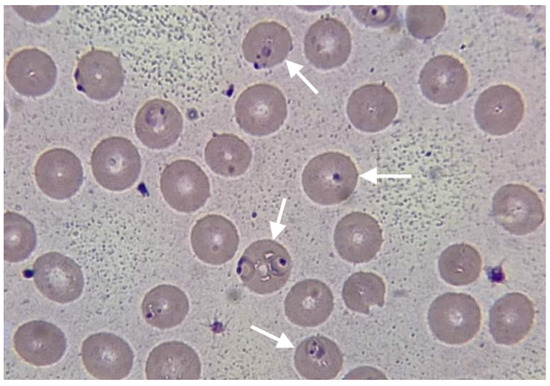Health Threats of Climate Change
A topical collection in Reports (ISSN 2571-841X).
Viewed by 2669Editors
2. Emeritus Professor, Tohoku University, Sendai 980-8577, Miyagi, Japan
Interests: dengue; malaria; leptospirosis; HIV; tuberculosis; inflammation; galectins; osteopontin
Special Issues, Collections and Topics in MDPI journals
Interests: emergency medicine and Intensive care; disaster medicine; trauma; anesthesiology especially airway management; sepsis; resuscitation
Interests: orthopaedic surgery; osteoarthritis; rheumatoid arthritis; bone and cartilage
Special Issues, Collections and Topics in MDPI journals
Interests: wound healing; evolution of human skin; tropical skin diseases; sarcoidosis; angiosarcoma
Interests: epidemiology; geophysics; nonlinear science; time series analysis
2. Cardiovascular Respiratory Sleep Medicine, Juntendo University Graduate School of Medicine, Tokyo 113-8421, Japan
3. Sleep and Sleep-Disordered Breathing Center, Juntendo University Hospital, Tokyo 113-8421, Japan
Interests: autonomic nervous system; cheyne-stokes respiration; fluid retention; heart failure; hemodynamics; percutaneous coronary intervention; positive airway pressure; sleep; sleep apnea
Interests: epigenetics; DNA demethylation; ubiquitin ligase; gynecologic oncology
Special Issues, Collections and Topics in MDPI journals
Topical Collection Information
Dear Colleague,
The gravest threat to life on Earth is currently occurring due to climate change.
The planet’s global warming changes habitat environments beyond the range of many organisms. It also causes drought, reduces food sources, and kills species by causing heatstroke. If these situations do not change, more than a third of the Earth’s animal and plant species face extinction by 2050. This indicates that the current situation is the prelude to further disasters. Therefore, we need to be aware of the effects of such disasters on living organisms. Here, we plan to study unique features of diseases associated with climate changes such as high temperatures, wildfires, typhoons, floods, landslides, droughts, and so on. Humans will suffer from many climate-change-induced diseases such as heat stroke, cardiovascular diseases, trauma, skin diseases, obstetric complications, hunger, and mental health issues. In wildlife, various infectious diseases occur through animals, water, air, and humans. We will also learn how measuring DAMP and Alarmin can provide a better picture for detecting the severe impact on human beings who suffer. Such efforts will prevent human living environments from reaching the bleaching conditions seen in corals.
Prof. Dr. Toshio Hattori
Dr. Yujiro Nakayama
Dr. Hiromu Ito
Prof. Dr. Kenzo Takahashi
Prof. Dr. Ayako Sumi
Dr. Takatoshi Kasai
Dr. Ichiro Onoyama
Prof. Dr. Shigeru Morinobu
Collection Editors
Manuscript Submission Information
Manuscripts should be submitted online at www.mdpi.com by registering and logging in to this website. Once you are registered, click here to go to the submission form. Manuscripts can be submitted until the deadline. All submissions that pass pre-check are peer-reviewed. Accepted papers will be published continuously in the journal (as soon as accepted) and will be listed together on the collection website. Research articles, review articles as well as short communications are invited. For planned papers, a title and short abstract (about 100 words) can be sent to the Editorial Office for announcement on this website.
Submitted manuscripts should not have been published previously, nor be under consideration for publication elsewhere (except conference proceedings papers). All manuscripts are thoroughly refereed through a single-blind peer-review process. A guide for authors and other relevant information for submission of manuscripts is available on the Instructions for Authors page. Reports is an international peer-reviewed open access quarterly journal published by MDPI.
Please visit the Instructions for Authors page before submitting a manuscript. The Article Processing Charge (APC) for publication in this open access journal is 1400 CHF (Swiss Francs). Submitted papers should be well formatted and use good English. Authors may use MDPI's English editing service prior to publication or during author revisions.










